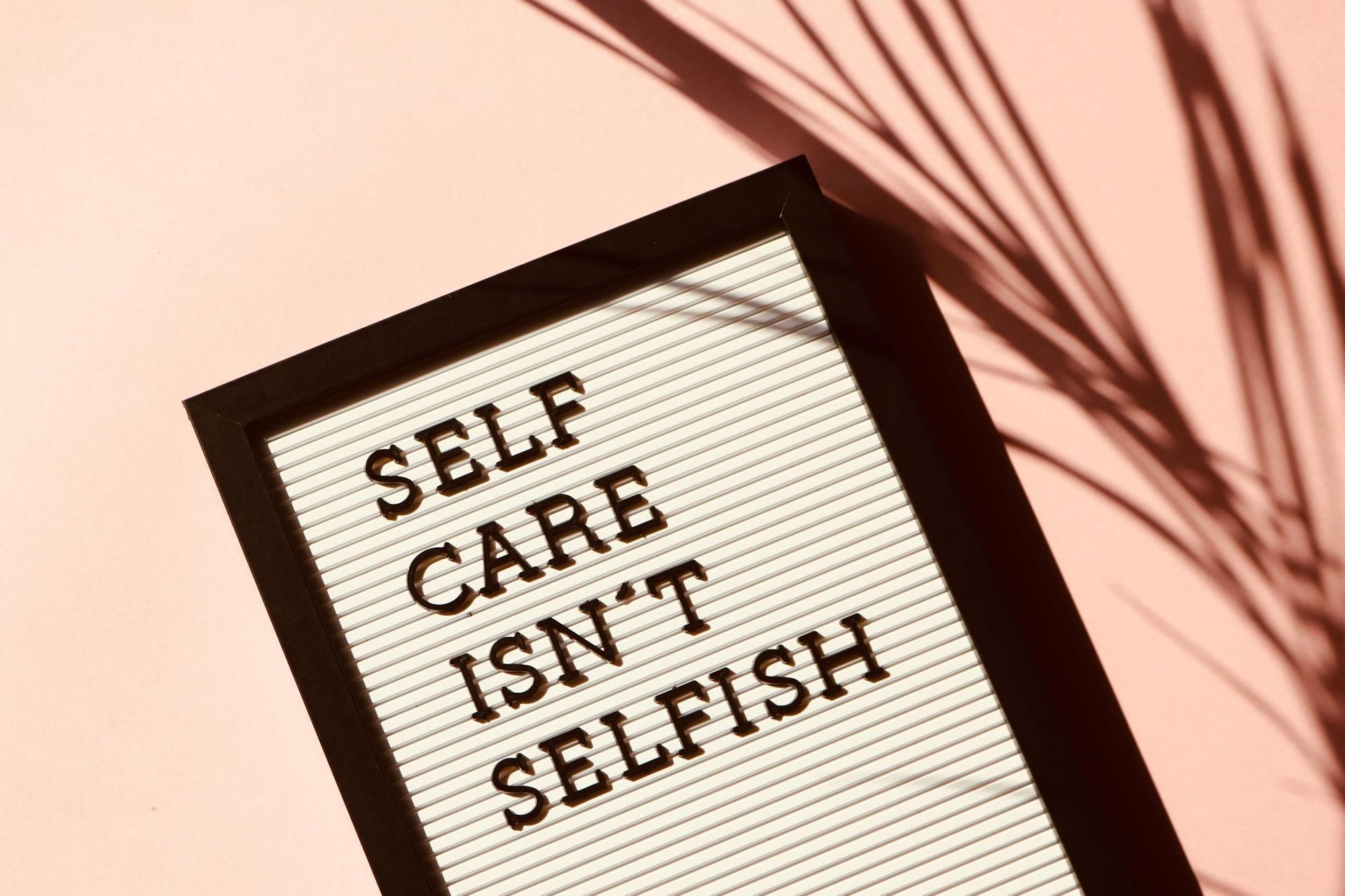Perimenopause Weight Gain: The Do's and Don'ts You Need to Know
Perimenopause weight gain can feel sneaky. You wake up one morning and suddenly, the scale tells a dramatic story—10 pounds gained in just a few weeks or a month. You didn’t change your diet dramatically, and you’ve been busy, so you haven’t been tracking things day-to-day. What’s going on?
While gradual weight gain is common, a sudden 10 lbs in a month isn’t pure fat gain—no matter how extreme your diet might have been. We don’t lose or gain 10 lbs of fat overnight, and that weight is likely a mix of water retention, muscle loss, and yes, some fat too.
What’s Really Causing This Weight Gain?
Let’s break it down. There’s no one answer to this question—it’s a complicated picture that involves multiple factors working together:
- Hormonal fluctuations: Estrogen, progesterone, and cortisol are all playing a role. But hormone levels can be difficult to measure because they fluctuate wildly throughout perimenopause.
- Stress: Stress can lead to emotional eating, cravings for comfort food, and increased water retention. Cortisol, the stress hormone, is directly linked to weight gain, especially around the belly.
- Aging: As we age, our muscle mass decreases, which slows down our metabolism. With less muscle, our bodies burn fewer calories, making it easier to gain weight.
- Diet: The foods we crave can also exacerbate weight gain. As we experience hormonal shifts, our bodies sometimes crave sugary or carb-heavy foods to cope with the stress and mood swings.
So, what can we do about it? Let’s take a closer look at the Do’s and Don’ts that helped me navigate this tricky terrain.
The Do’s and Don’ts for Managing Perimenopause Weight Gain
Don't Fast—Here's Why
You might have heard that intermittent fasting is a miracle weight-loss solution. But research shows that women’s bodies react differently to fasting than men’s. During perimenopause, fasting can actually increase cortisol levels, which in turn leads to stress-induced cravings, especially for sugary comfort foods.
When we fast for long periods, our bodies think they are under stress, and they respond by craving sugar to provide quick energy. This can result in emotional eating, especially in the afternoon or evening when stress levels peak.
And here’s the kicker: Insulin sensitivity tends to decrease during perimenopause, which means excessive sugar consumption can contribute to issues like hyperglycemia (high blood sugar) and reactive hypoglycemia (low blood sugar), making our bodies more stressed and harder to manage weight.
Do Eat Mindfully—Nourish Your Body
Instead of fasting, it’s important to eat regularly and mindfully. Every time we eat, we’re not just feeding ourselves—we’re caring for our body. The goal isn’t just to eat; it's to nourish. Make your meals high in protein and fiber to keep you fuller for longer and reduce cravings.
Meals with protein (like chicken, fish, tofu, or eggs) and fiber (like vegetables, fruits, and whole grains) help keep blood sugar levels stable and prevent the spikes and crashes that can lead to weight gain.
Don’t Fear Carbs—Especially in the Morning
Carbs often get a bad rap, especially when it comes to weight gain. But not all carbs are created equal. Complex carbs, like oats, sweet potatoes, or quinoa, are fuel for your body and your muscles. Don’t fear them, especially in the morning or after a workout.
Having healthy carbs in the morning gives your body the energy it needs to function at its best throughout the day. They’ll help keep you feeling satisfied and energized, rather than sluggish or craving something sugary by mid-afternoon.
Do Move Your Body—But Don’t Overdo It
Exercise is crucial for maintaining muscle mass, improving metabolism, and managing weight during perimenopause. But it’s also important not to overdo it. Too much intense exercise can lead to higher cortisol levels and more water retention, which can make you feel bloated and sluggish.
Instead, aim for strength training 2-3 times a week to build muscle and increase metabolism. Incorporating gentle cardio (walking, swimming, biking) and stress-reducing activities like yoga or meditation can help manage stress while keeping your body moving.
Don’t Rely on Quick-Fix Supplements
As tempting as they may be, quick-fix supplements that promise to debloat or melt away belly fat are rarely sustainable and sometimes even harmful. Many contain diuretics or caffeine, which lead to temporary water loss but don’t tackle the root cause of weight gain.
Instead of falling for the next miracle pill, focus on long-term lifestyle changes like eating balanced meals, staying hydrated, and managing stress.
Don’t Do Extreme Diets (Like Juicing Detox)
This one is a biggie. The word “detox” gets thrown around a lot—especially with juicing or detox teas. But here’s the deal: What exactly are we detoxing by juicing? Our kidneys and liver are already detoxing our bodies naturally. By doing extreme juice cleanses, we’re not helping ourselves—we’re actually putting unnecessary pressure on these organs.
Liver detox drinks and juices often promise results, but they fail to recognize the crucial role these organs already play in detoxification. By adding more pressure, we could be doing more harm than good.
Instead of detoxing artificially, focus on supporting your liver and kidneys. Milk thistle and N-acetylcysteine (NAC) are two supplements that can aid in detoxification without overburdening your organs. Drink plenty of water, but avoid over-hydrating without adding electrolytes or minerals. Stay hydrated after workouts and throughout the day to keep your system functioning optimally.
Do Prioritize Rest and Manage Stress
Stress can make everything worse when it comes to perimenopause weight gain. Cortisol—the stress hormone—triggers cravings, emotional eating, and fat storage, especially around the belly. That’s why it’s crucial to make stress management a priority.
Take time each day to unwind and practice mindfulness. Whether it’s a walk, breathing exercises, or meditation, find what helps you feel calm. Quality sleep is just as important. Aim for 7-9 hours a night to support hormone balance and recovery.
Final Thoughts: Finding Your Balance
Navigating weight gain during perimenopause isn’t about drastic changes—it’s about finding a new balance that works for you. It might take time, but small, sustainable changes in diet, exercise, and mindset will lead to lasting results.
What’s been your experience with weight gain during perimenopause? I’d love to hear your thoughts and experiences in the comments!
Subscribe to make sure you don’t miss the next part of our series on supplements that actually can help feel better, and keep this journey going together!


